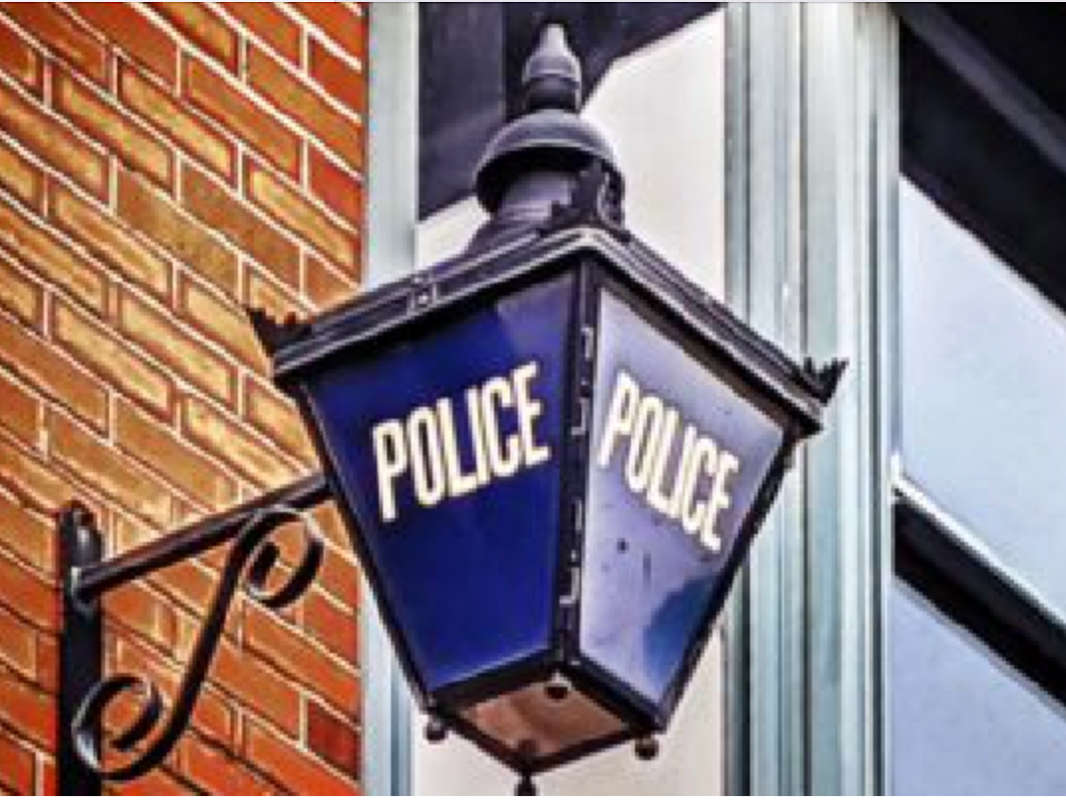
A police officer has been given a final written warning after an investigation found he made homophobic remarks to his colleagues on an evening out.
PC Charles Baxter-Brand, 39, who is based at Gatwick, appeared before a two-day misconduct hearing held at Sussex Police headquarters from Monday 15 April, in front of a panel led by an Independent Legally Qualified Chair* (LQC).
The hearing was told that while on a night out with colleagues on March 24, 2023, the officer became drunk. He then made homophobic comments to a woman who was out with them, about her husband.
When he was challenged by his female colleagues, he became argumentative and rude. He was then taken outside and spoken to by his supervisor who tried to calm him down and challenge his behaviour. However he went on to make a further homophobic comment.
His behaviour was reported to the force’s Professional Standards Department who undertook an investigation and found there was a case of misconduct to answer.
The panel found the officer’s actions had breached Standards of Professional Behaviour in respect of authority, respect and courtesy, equality and diversity and discreditable conduct and determined that this amounted to misconduct.
The officer was given a final written warning for two years.
Detective Superintendent Jon Robeson, deputy head of the force’s Professional Standards Department, said:
“Police officers must behave in a manner that does not discredit the police service or undermine public confidence, whether on or off duty.
“We expect our officers to act with the utmost integrity, and in accordance with the Code of Ethics and the Standards of Professional Behaviour, and we have invested in a comprehensive programme of cultural change towards challenging, reporting and tackling unethical or unprofessional behaviour.
“The actions of the officer in this case fell short of the standards we expect, which is reflected in the findings by the panel.”
*LQCs are selected from a list of independent, legally-qualified persons to conduct police misconduct hearings, and are governed by Police Conduct Regulations. LQCs work with the Association of Police and Crime Commissioners and others to instil and embed transparency and proportionality into misconduct hearings.


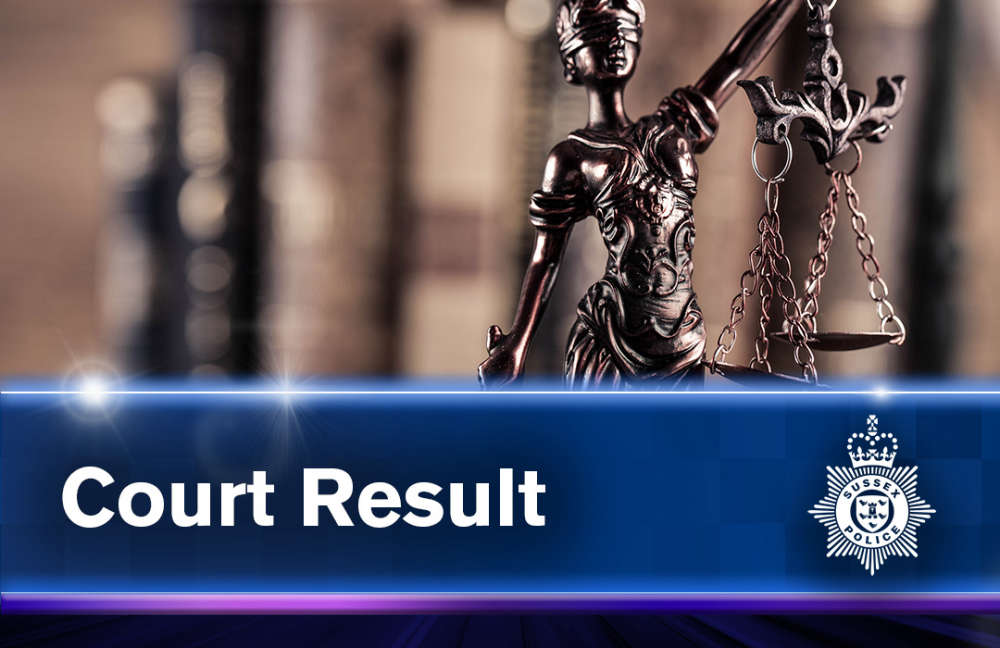 Man Admits To Damaging Cars In Bognor
Man Admits To Damaging Cars In Bognor
 Two Men Arrested In Connection With Brighton Rape
Two Men Arrested In Connection With Brighton Rape
 Appeal Following Assault In Horsham Shop
Appeal Following Assault In Horsham Shop
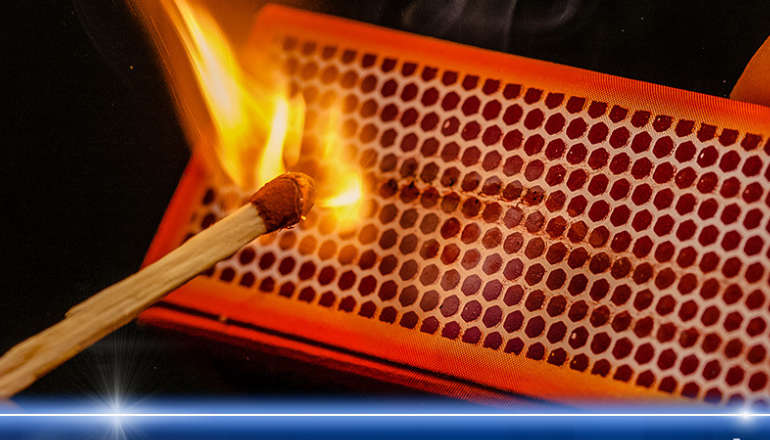 Appeal After Arson At Gym In Burgess Hill
Appeal After Arson At Gym In Burgess Hill
 Two Men Sought In Connection With Brighton Rape
Two Men Sought In Connection With Brighton Rape
 Councillors Support Baby Box Partnership With Charities
Councillors Support Baby Box Partnership With Charities
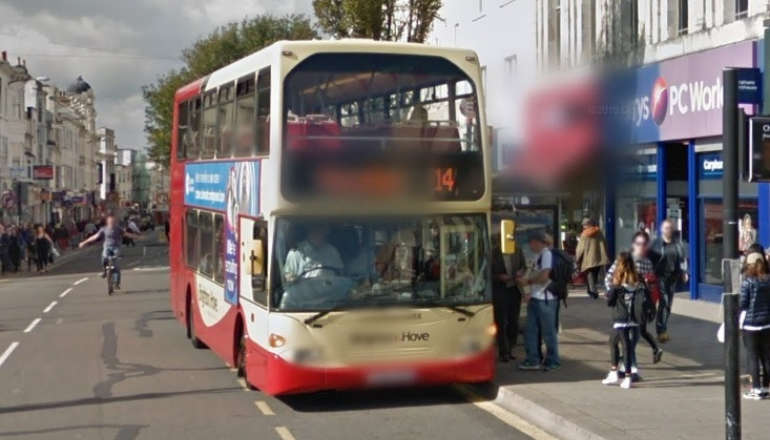 Brighton And Hove Bus Fare Cap Bid Foiled By Cost
Brighton And Hove Bus Fare Cap Bid Foiled By Cost
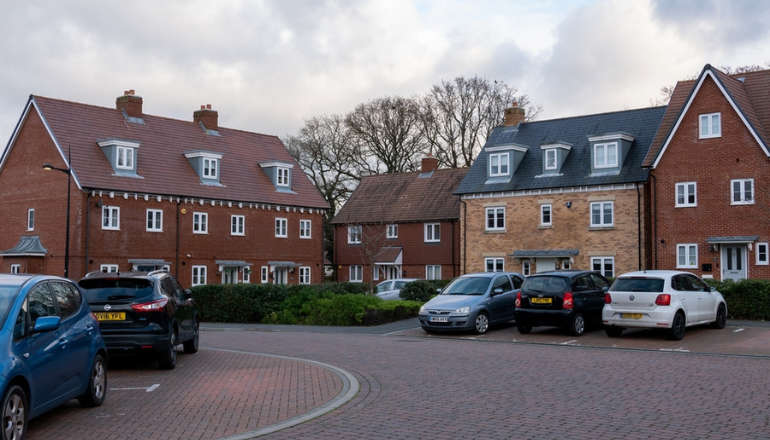 New Medical Centre Scoping Exercise Agreed By Wealden Council
New Medical Centre Scoping Exercise Agreed By Wealden Council
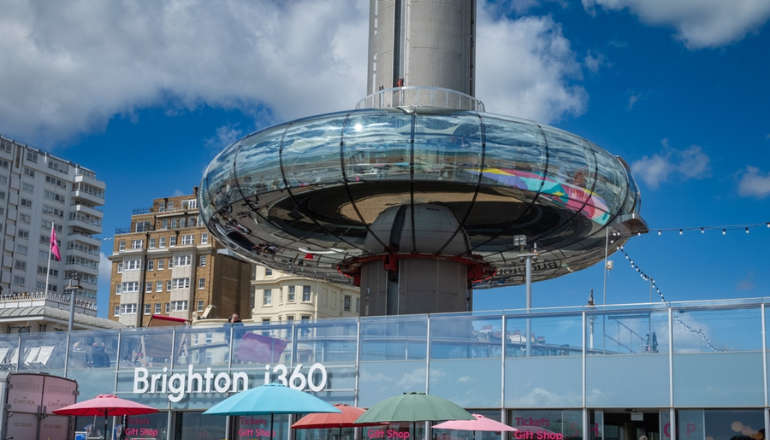 'Out Of This World' Ideas Put Forward For Future Of Brighton i360
'Out Of This World' Ideas Put Forward For Future Of Brighton i360
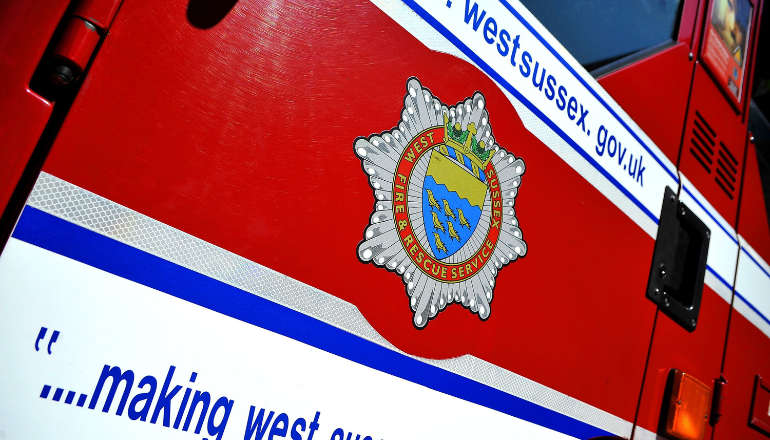 New Fire Engines For West Sussex
New Fire Engines For West Sussex